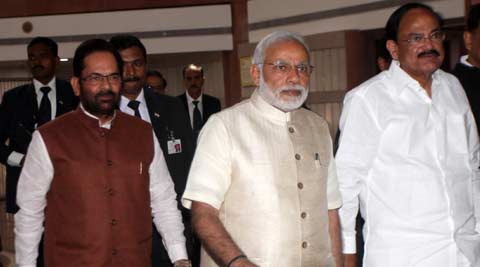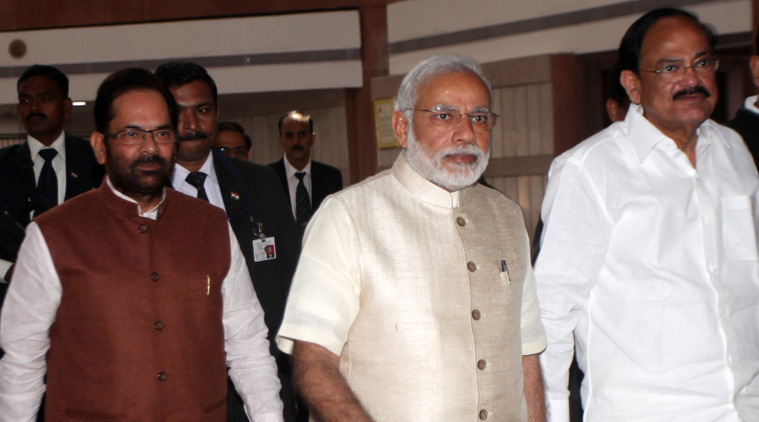Opinion Only with consent
Modi government must allay farmers’ apprehensions, for the sake of fairness and future reform.

 Land Acquisition Bill: Modi govt has agreed to make changes in the bill.
Land Acquisition Bill: Modi govt has agreed to make changes in the bill.
Statecraft is sometimes about taking two steps forward and one step back. The Narendra Modi government may do well to keep this in mind as it seeks to push through the land acquisition amendment bill, now tabled in Lok Sabha. The ordinance, which the bill replaces, has provisions that, apart from being politically problematic, also conflict with the spirit of reform. The most obvious one relates to exempting certain categories of land acquisition from the mandated consent of at least 70 per cent of affected owners, as per the 2013 law. It goes without saying that there can be no fairness in economic transactions unless conducted between willing parties. In this case, taking land from owners by dispensing with even the basic consent clause amounts to expropriation, not acquisition. It is an affront to the right of private property that is taken for granted in post-reform India.
True, the 2013 act has provisions making land acquisition even for building critical public infrastructure a procedural nightmare. Among them is the need to undertake a “social impact assessment” (SIA) before any acquisition, ostensibly to get a more holistic picture of the benefits and costs for the project-affected communities. One could argue that with regard to the specified categories of projects for which exemption is being sought — rural infrastructure, affordable housing, industrial corridors, defence production etc — the likely social benefits are substantial enough to make a separate SIA redundant. But this logic cannot be extended to the consent clause. If the purported social benefits from the said projects are so large, why should farmers — at least a majority of them — have any fundamental objection to parting with their land, subject to fair compensation? In the event, getting approval from 70 per cent of landowners seems a reasonable requirement, representative of the will of an overwhelming majority.
Restoring the consent clause would go some way in allaying the apprehensions of farmers, more so when rural incomes are under pressure from falling crop realisations and much-needed rationalisation of input subsidies. Political common sense would also dictate that little is to be achieved in such circumstances by opening a new front of confrontation. Land, ultimately, is an emotive issue; the danger of it becoming a symbol of agrarian discontent waiting to be tapped by rabble rousers is something the Modi government should avoid right now. A perception of being anti-farmer so early in its tenure can potentially undermine any long-term reform agenda.


